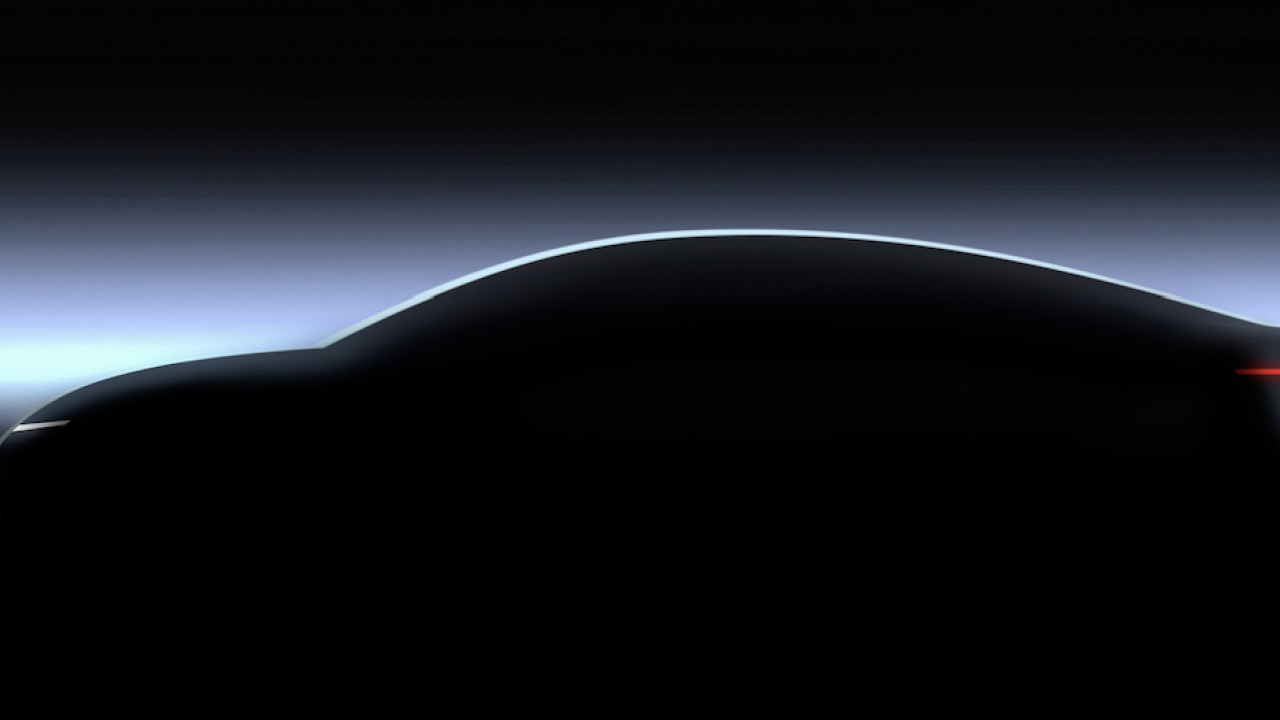Volkswagen has unveiled details of a new to create an electrically powered sedan, which the company says will set new standards in terms of range, charging speed and digitisation.
Known as Project Trinity, the vehicle will be built from 2026, and will be able to drive highly automated according to Level 4.
The project will focus on a newly developed electronics platform with state-of-the-art software, the simplification of the supply structure, and fully networked and intelligent production at the main plant in Wolfsburg.
By the planned start of series production in 2026, Trinity will already reach Level 2+ in autonomous driving and be technically ready for Level 4.
With the production of the series version, the Wolfsburg plant will become a showcase for state-of-the-art, intelligent and fully networked production processes.
Future vehicle models such as Trinity will be produced with considerably fewer variants, and the hardware will be largely standardised. The cars will then have virtually everything on board and customers will be able to activate desired functions “on demand” at any time via the digital ecosystem in the car. This will significantly reduce complexity in production.
By developing the automobile into a software-based product, Volkswagen is creating the conditions for new, data-based business models. Entry barriers to individual mobility are to be lowered while at the same time offering even more attractive usage packages. Volkswagen intends to generate additional revenue in the usage phase – for charging and energy services, for software-based functions that customers can book as needed, or for automated driving.
“In the future, the individual configuration of the vehicle will no longer be determined by the hardware at the time of purchase. Instead, customers will be able to add functions on demand at any time via the digital ecosystem in the car,” says Ralf Brandstätter, CEO of the Volkswagen brand.


